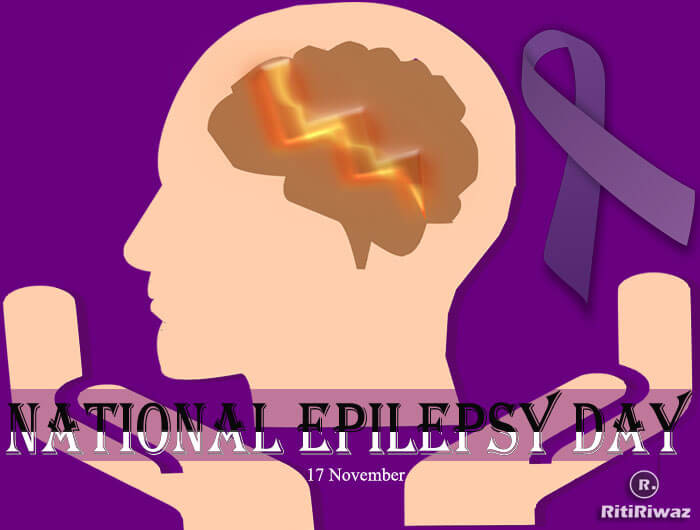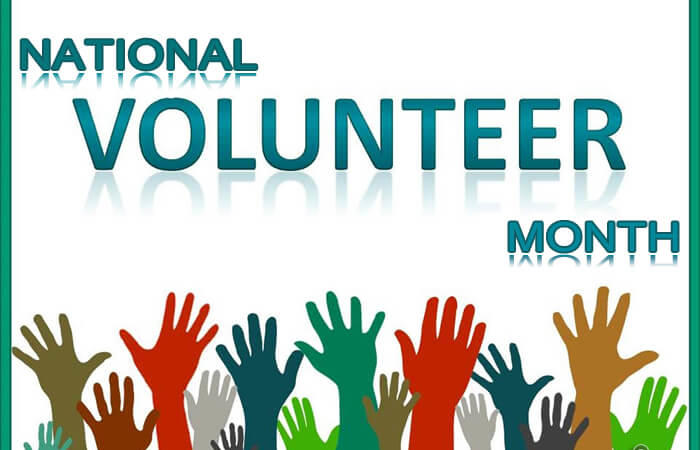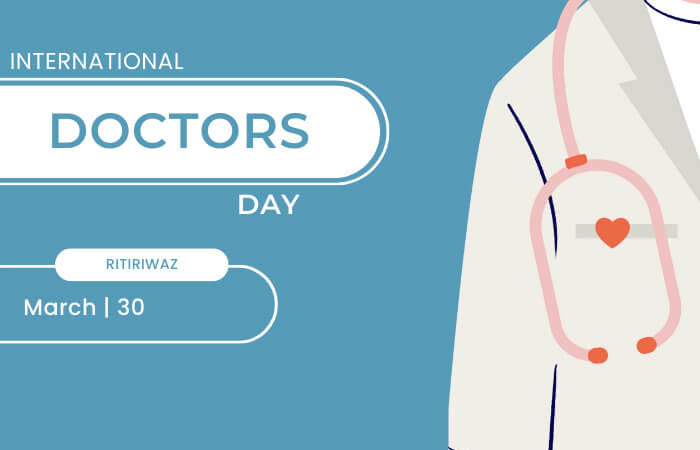National Epilepsy Day

National Epilepsy Day is observed on 17th November in India to raise awareness about epilepsy. Epilepsy is a neurological condition involving the brain that makes people more susceptible to having recurrent unprovoked seizures. It is one of the most common disorders of the nervous system and affects people of all ages, races, and ethnic backgrounds.
What Is a Seizure?
The brain is the center that controls and regulates all voluntary and involuntary responses in the body. It consists of nerve cells that normally communicate with each other through electrical activity.
A seizure occurs when part(s) of the brain receives a burst of abnormal electrical signals that temporarily interrupts normal electrical brain function.
The symptoms of epilepsy are as follows:
Because epilepsy is caused by abnormal activity in the brain, seizures can affect any process your brain coordinates. Seizure signs and symptoms may include:
- Temporary confusion
- A staring spell
- Stiff muscles
- Uncontrollable jerking movements of the arms and legs
- Loss of consciousness or awareness
- Psychological symptoms such as fear, anxiety, or deja vu
Causes of Epilepsy
-
Genetic influence: Some types of epilepsy, which are categorized by the type of seizure you experience or the part of the brain that is affected, run in families. In these cases, it’s likely that there’s a genetic influence.
-
Head trauma: Head trauma as a result of a car accident or other traumatic injury can cause epilepsy.
-
Brain abnormalities: Abnormalities in the brain, including brain tumors or vascular malformations such as arteriovenous malformations (AVMs) and cavernous malformations, can cause epilepsy. Stroke is a leading cause of epilepsy in adults older than age 35.
-
Infections: Meningitis, HIV, viral encephalitis, and some parasitic infections can cause epilepsy.
-
Prenatal injury: Before birth, babies are sensitive to brain damage that could be caused by several factors, such as an infection in the mother, poor nutrition, or oxygen deficiencies. This brain damage can result in epilepsy or cerebral palsy.
-
Developmental disorders: Epilepsy can sometimes be associated with developmental disorders, such as autism.
When to see a doctor
Seek immediate medical help if any of the following occurs:
-
The seizure lasts more than five minutes.
-
Breathing or consciousness doesn’t return after the seizure stops.
-
A second seizure follows immediately.
-
You have a high fever.
-
You’re pregnant.
-
You have diabetes.
-
You’ve injured yourself during the seizure.
-
You continue to have seizures even though you’ve been taking anti-seizure medication.
Seizure first aid
-
Stay with the person
-
Time the seizure (If seizure lasts more than 5 minutes call ambulance)
-
Protect the person from injury
-
Loosen anything tight around the neck
-
Do not restrain the person
-
Do not put anything in the person’s mouth
-
Roll the person on his/her side as the seizure subsides
-
After the seizure, talk to the person reassuringly
Prevention
Although there is no way to prevent epilepsy, you can take steps to help prevent seizures:
-
Don’t drink alcohol, use illegal drugs, or smoke.
-
Protect your head with a helmet during any sport or activity that could result in a head injury.
-
Get plenty of sleep every night.
-
Do your best to avoid getting a cold or the flu.
-
Talk with your doctor about all of your prescription medications to be sure they won’t aggravate seizures.
-
Always take all of your epilepsy medications as prescribed.
-
Find healthy ways to cope with stress.
Tips for Epileptic patients
-
Keep an “epilepsy diary.” where you keep track of Seizures, Medications’ side effects, how you feel physically and emotionally.
-
Make the most of your appointments by sharing your diary with your doctor. Work with your doctor and speak about the medication and discuss its side effects.
-
Build a health care team. Build a health care team that includes your doctors, nurses, pharmacist, and caregivers.
-
Take your medication as prescribed, and don’t stop taking it without first talking with your health care provider.
-
Sleep deprivation is a well-known “trigger” for seizures, even among people who otherwise have good seizure control, so get lots of rest on a regular schedule.
-
Alcohol may interfere with your medication, and research shows that large amounts of alcohol are thought to raise the risk of seizures and may even cause them.
-
Stress can be a precipitating factor in seizures, so developing a daily meditative practice or participating in yoga might help.
-
Monitor your time playing computer or electronic games. For some people, long exposure to flickering lights can potentially trigger seizures.
-
Stay active by participating in daily exercise can help you to feel more positive while allowing you to maintain a healthy weight and build self-esteem.
-
Consider joining a support group to meet other women who have epilepsy.
Suggested Read: Important Days In November






